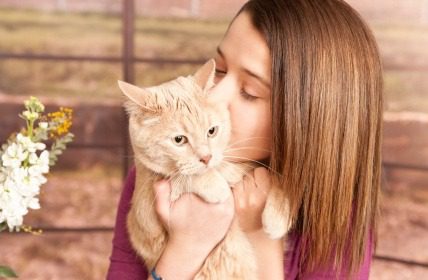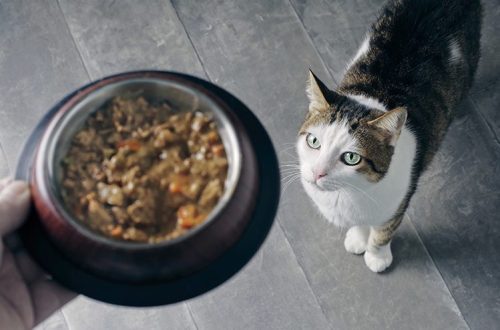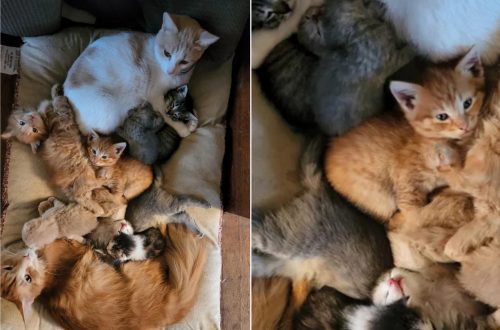
Can you kiss a cat
Many people are confident in the cleanliness of their pet, because cats constantly wash themselves. But kissing a mustachioed pet is still not worth it: even domestic cats that do not go outside can become a source of danger with such contact.
Toxoplasmosis
Among cat diseases, toxoplasmosis stands out – a serious infection caused by the microscopic parasite Toxoplasma gondii. Animals become infected with it by eating mice, birds, raw meat, as well as through street dirt and dust. Owners of pet cats can bring cysts on the soles of their shoes, so toxoplasmosis infection cannot be completely ruled out. The disease occurs in a latent form or with mild symptoms, that is, it is extremely difficult to determine whether a pet is a carrier of this disease.
Toxoplasma cysts are found in large numbers in the feces of a sick cat. While licking, a cat can spread cysts in its coat, including in the muzzle. It is unlikely that after this you will want to kiss your pet.
Fortunately, toxoplasmosis usually does not pose a danger to humans. The exception is pregnant women, newborns and people with reduced immunity.
Salmonellosis
Another danger that threatens lovers of kisses with a cat is salmonellosis. A pet can become infected by eating sick mice and birds, by close contact with an infected animal, or through its feces. But most often, infection occurs through food that has got bacteria.
When licking, a cat with salmonellosis spreads bacteria through the coat, and when kissing a person, a person can catch the infection. This disease is especially dangerous for children. Therefore, if you suspect salmonellosis in a pet (vomiting, diarrhea, high fever), it is important to contact the veterinary clinic, as well as isolate the cat in a separate room until complete recovery. But this disease often occurs in a latent form, so kissing, just in case, should be completely abandoned.
Helminthiasis
Cats often become carriers of helminths – especially when eating raw meat or walking freely on the street. Fleas can also be carriers. A sign of helminthiasis may be increased appetite with simultaneous weight loss, as well as weakness, bloated abdomen, and problems with stool. Helminth eggs come out with feces, but when licked, they can get on the cat’s muzzle and on its fur. It is important to regularly carry out antihelminthic treatment of the pet and, just in case, refrain from kissing.
Ringworm
Ringworm is a highly contagious fungal disease. It most often affects long-haired cats, small kittens, pets less than a year old, as well as animals with a weakened immune system due to diseases or parasites. In close contact with an animal, a person can also easily become infected with ringworm, especially through scratches or abrasions on the skin. What happens if you kiss a cat? Probably the loving owner will get infected.
Rabies
If the cat is vaccinated with the rabies vaccine, then this danger does not threaten the owner. However, rabies is one of the most dangerous diseases in the world, and it is transmitted through the saliva of an infected animal. If you come into contact with stray pets, such as feeding them or taking them into your home, it is important to be careful and never kiss them. If bitten or licked by a rabid animal, an immunization course should be started immediately.
Why can’t you kiss cats? This will reduce the risk of contracting unpleasant diseases. Even if the pet is perfectly healthy, it can still be dangerous. In addition, many cats are uncomfortable when people climb up to them with kisses, because whiskered pets show love for the owner in a completely different way.
See also:
A cat protects a person: how pets take care of the owners of the game Why do cats chirp and what do they want to say with this Why does a cat bite during





